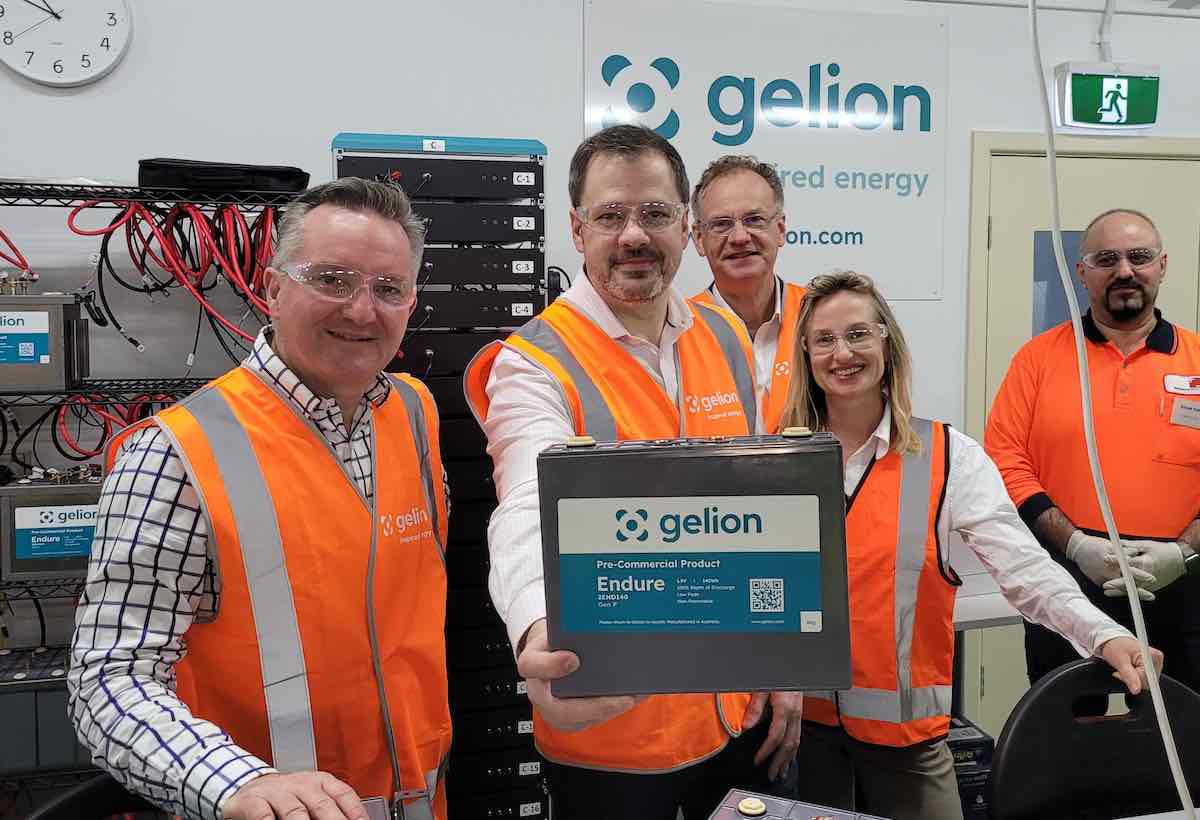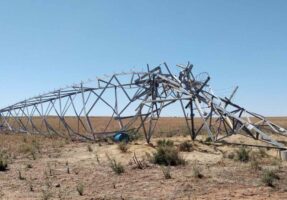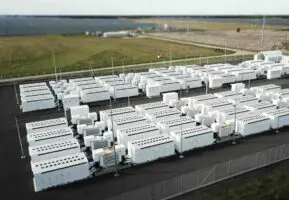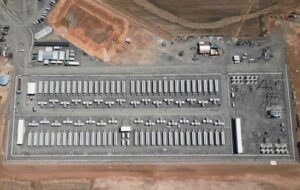Australia-based energy storage outfit Gelion has set its sights on building “the world’s best battery” after buying up an intellectual property portfolio of more than 450 Lithium Sulfur and Silicon Anode patents.
Gelion, whose non-flow zinc-bromide gel energy storage technology was spun out of the University of Sydney, says the new IP haul, in combination with its existing IP, could hold the key to making the world’s most advanced battery technology – here in Australia.
In the quest to make cheaper, greener and more easliy sourced batteries, lithium-sulfur (Li-S) has been a promising line of research and development.
In particular, its ability to store two-to-five times as much energy by weight than the current generation of lithium-ion batteries is what makes it – according to Gelion – the next dominant battery technology.
The LiSiS patents, spanning 82 patent families, include solid and liquid electrolytes, disordered rock salt, electrode formulation, and battery materials recycling.
The IP portfolio brings a special focus on lithium sulfur, and includes technology transfer packages, cell designs and manufacturing protocols for Li-S cells, market and portfolio analysis, and manufacturing design and cost models.
Gelion says the acquisition of the IP will help fast-track the company’s own work in lithium sulfur and lithium silicon sulfur technologies, and to create high energy-to-weight ratio batteries while reducing cost and increasing safety.
“The importance of this acquisition cannot be understated, not just to Gelion but also to Australian research and manufacturing as a whole,” says Gelion CEO John Wood.
Wood, a seasoned battery and energy technology innovator whose past industry experience includes as CEO of battery developer Ecoult, joined the company in late 2022 to take it to “the next level of growth.
“Lithium Sulfur is widely tipped as the next big stage of the Lithium energy storage industry, and with this IP portfolio, Gelion intends to build the world’s best battery,” Wood says.
“This positions Australian research and development at the front edge of the global battery wave. We now own the technology to become a renewable energy super power.
Wood says the IP portfolio will also help in Gelion’s objectives toward achieving a “protective moat” for its battery technology.
Gelion – which is listed on the London Stock Exchange – says it is acquiring the IP from multinational speciality chemicals and sustainable technologies and FTSE 250 company, Johnson Matthey.
Gelion’s non-flow zinc bromide battery technology uses an electrolytic gel that is inherently fire retardant, making the chemistry well suited to harsh conditions.
The batteries can also be discharged to zero volts without impacting performance, are more energy dense and last longer than traditional lead-acid batteries, and offer a safe and recyclable alternative to lithium-ion batteries for stationary storage.
Gelion has been able to crunch the costs of its battery storage technology through the use of lower cost components and by producing them in existing lead acid battery factories. In 2021, the company announced a manufacturing partnership with local Sydney-based outfit, Battery Energy.










